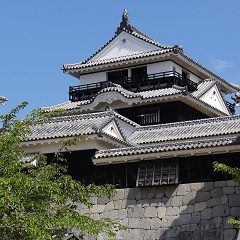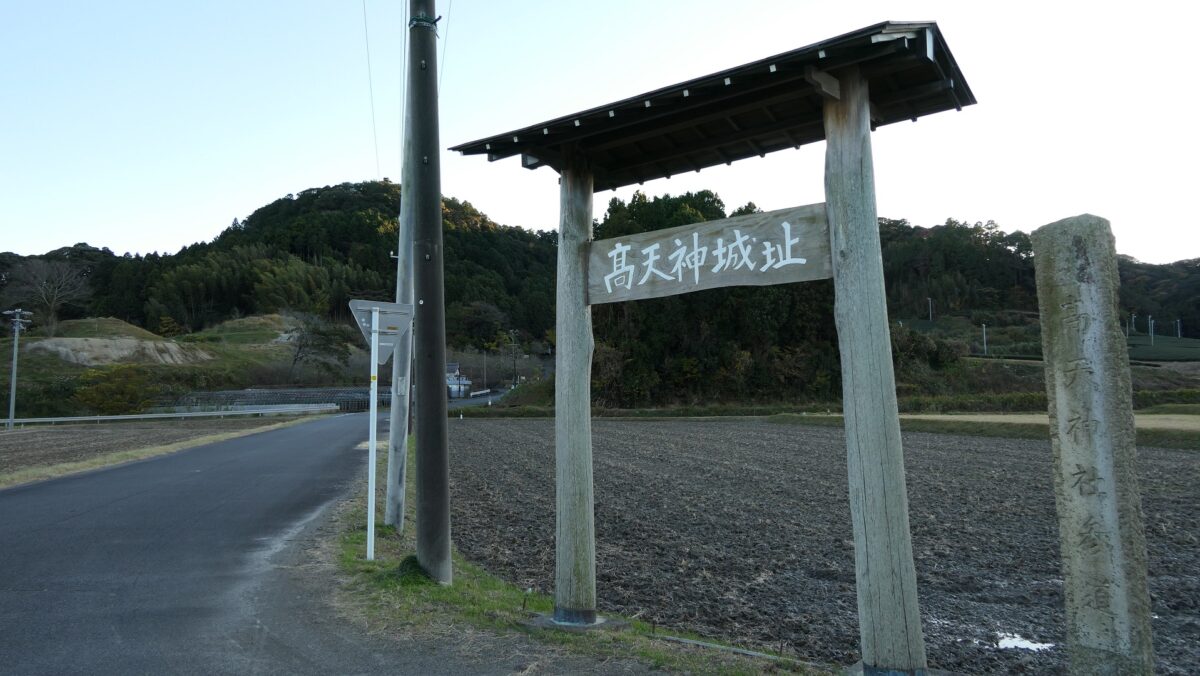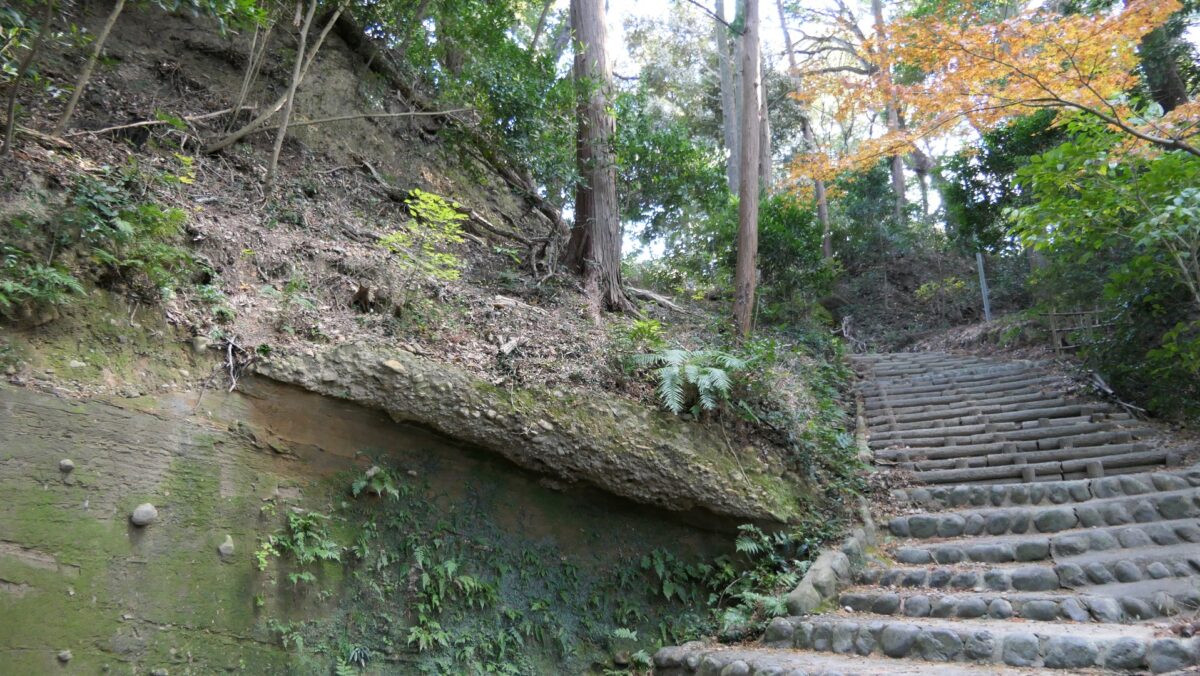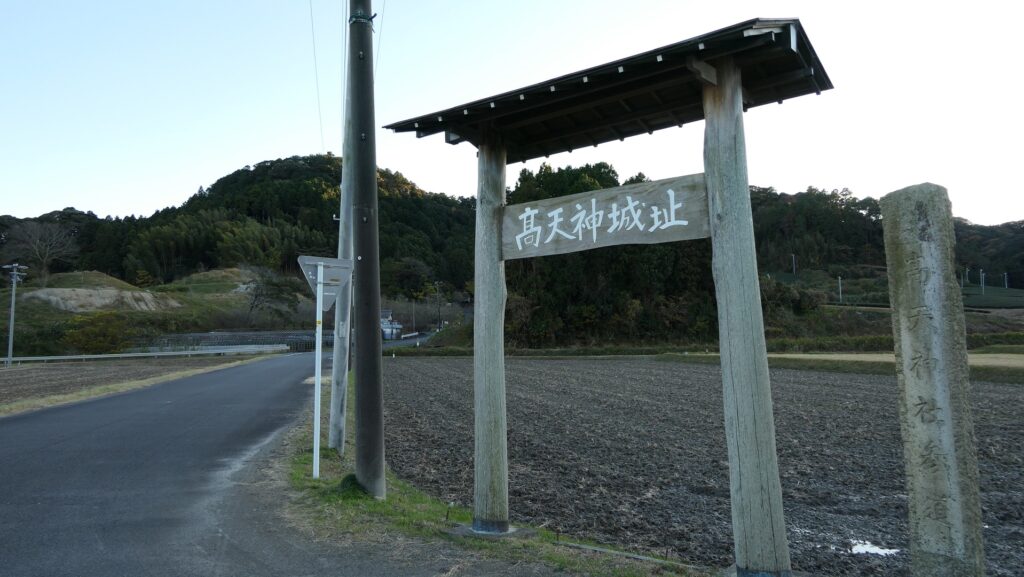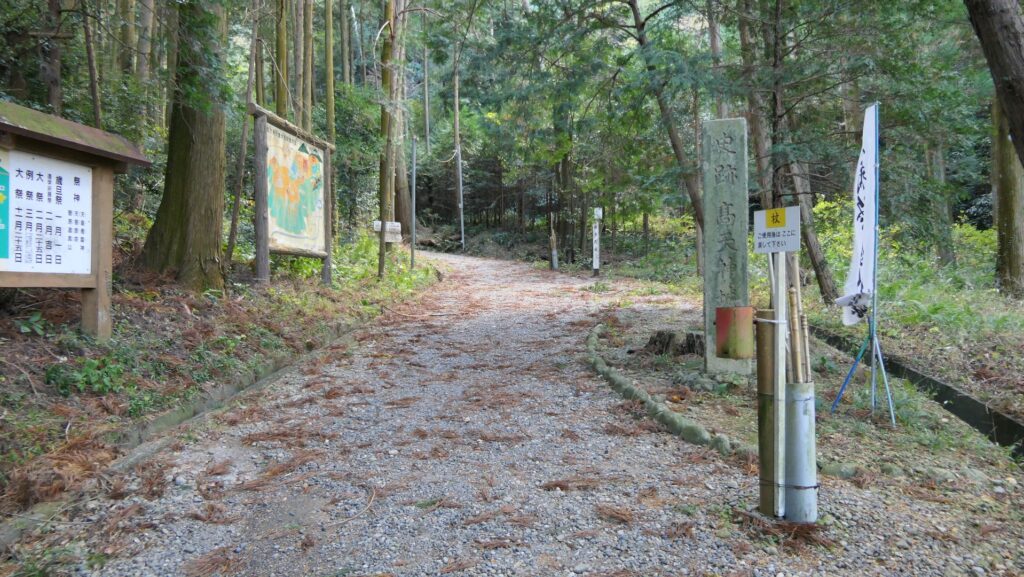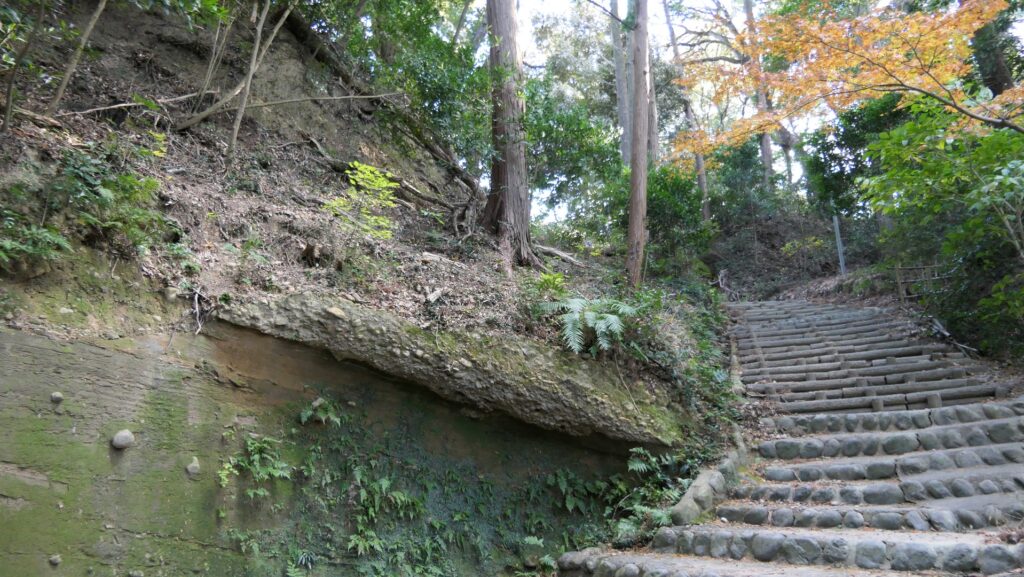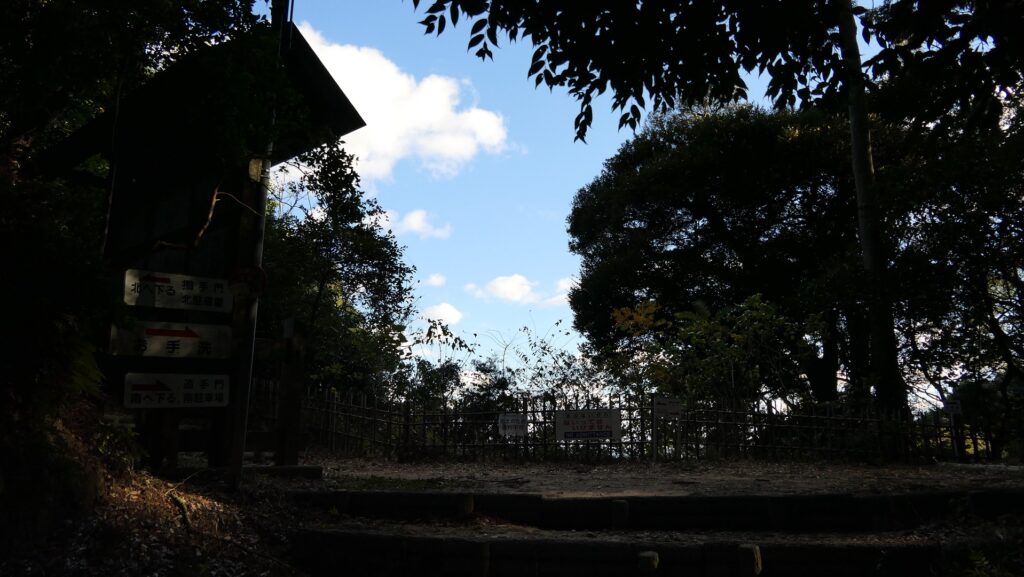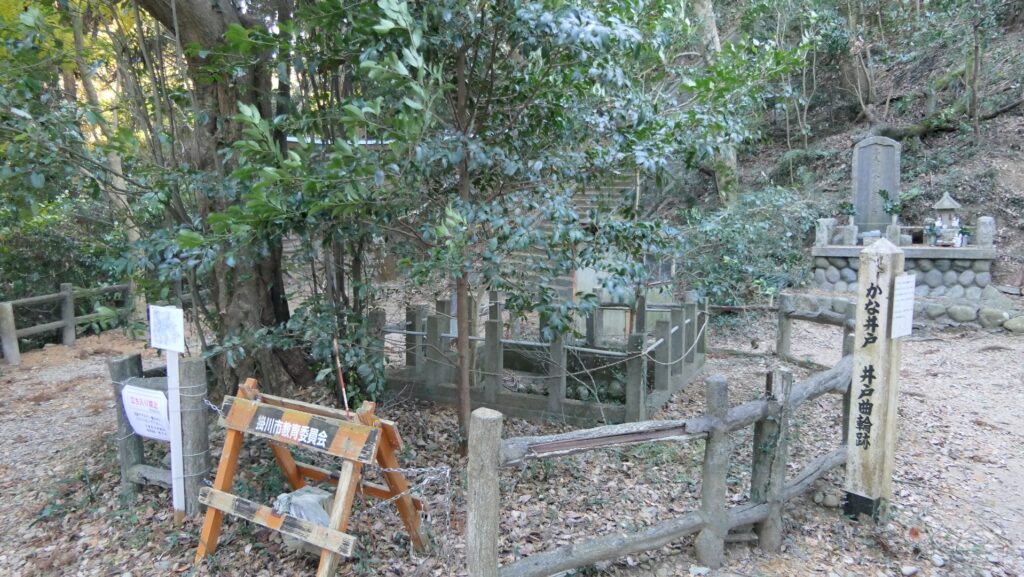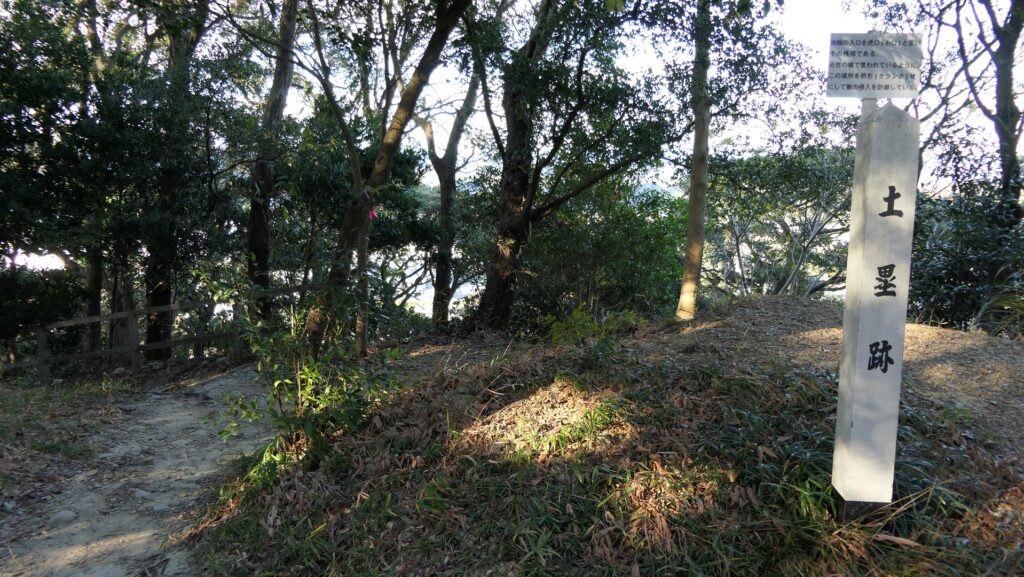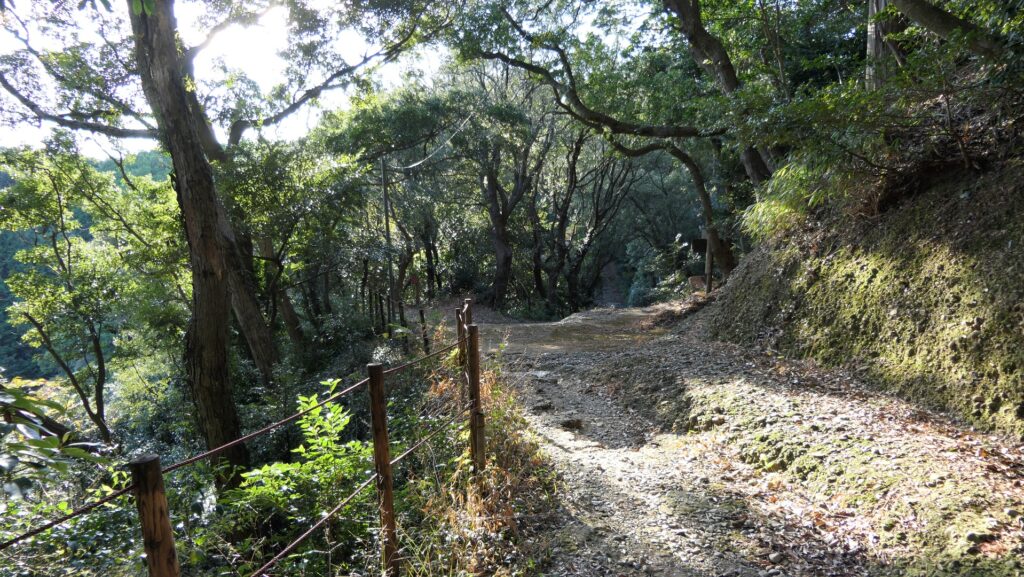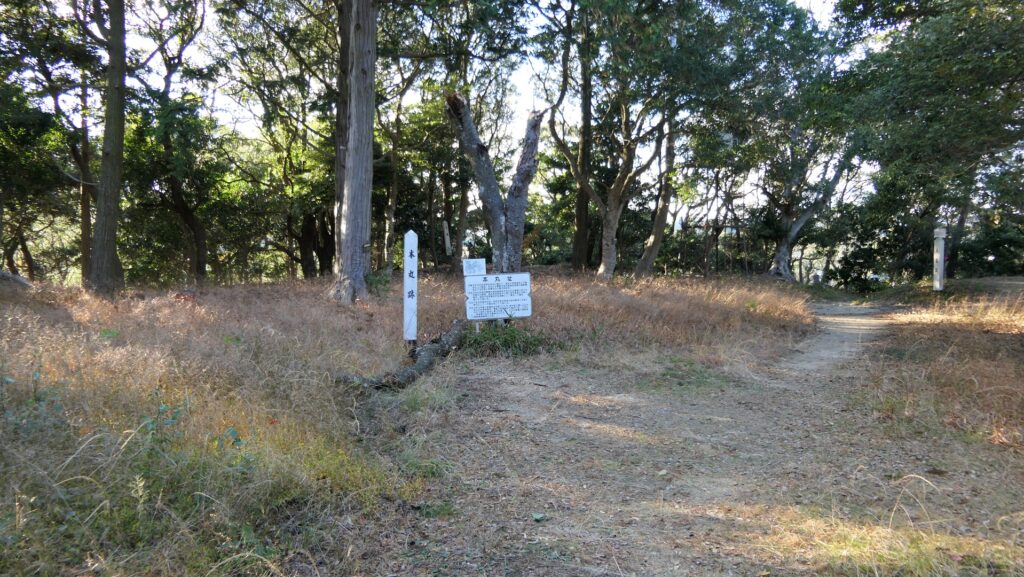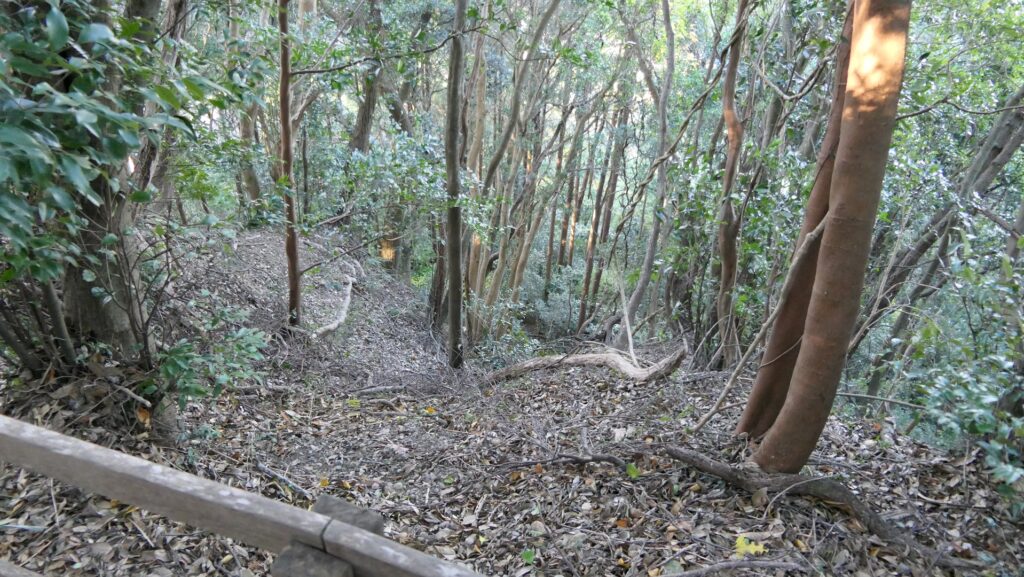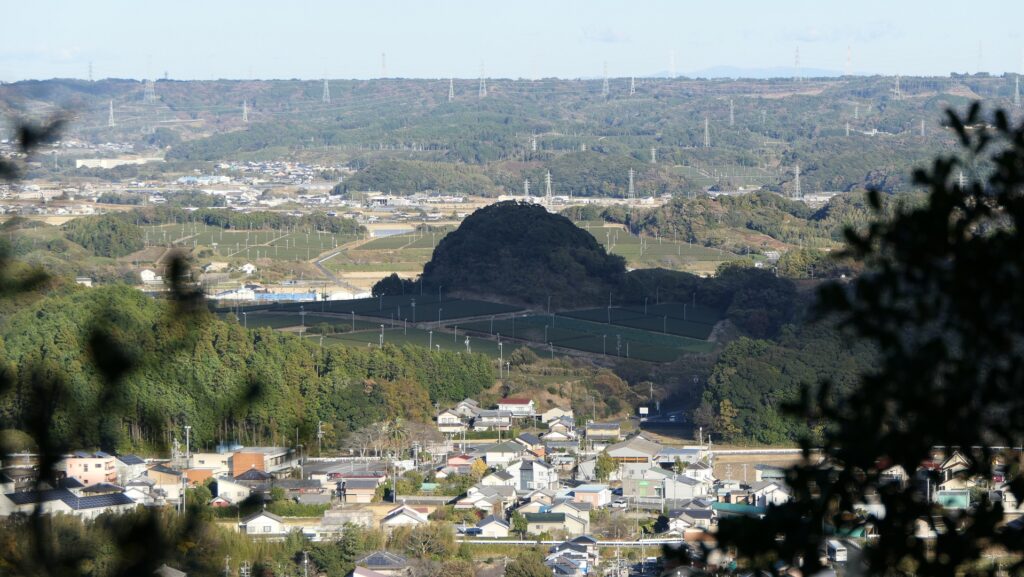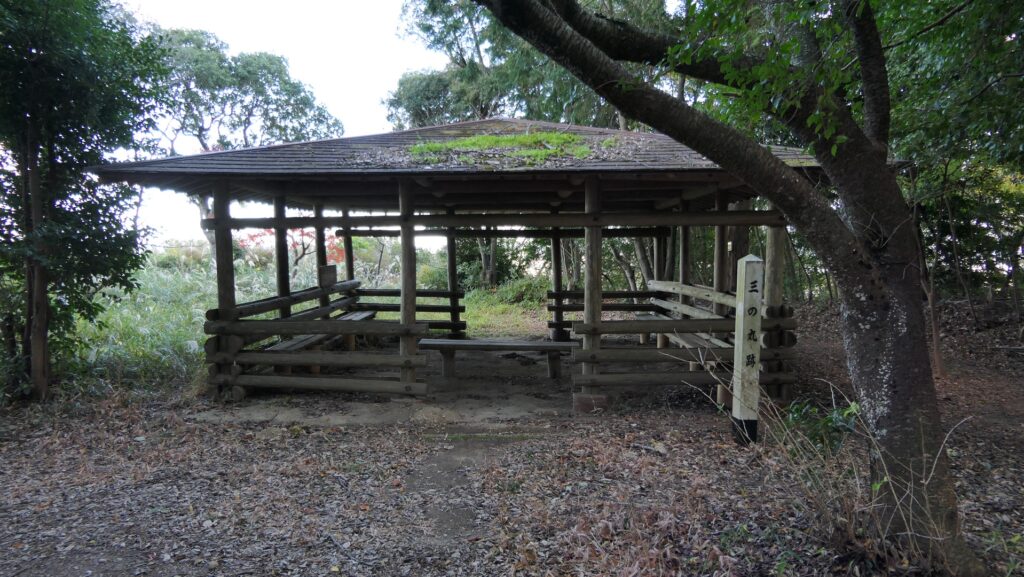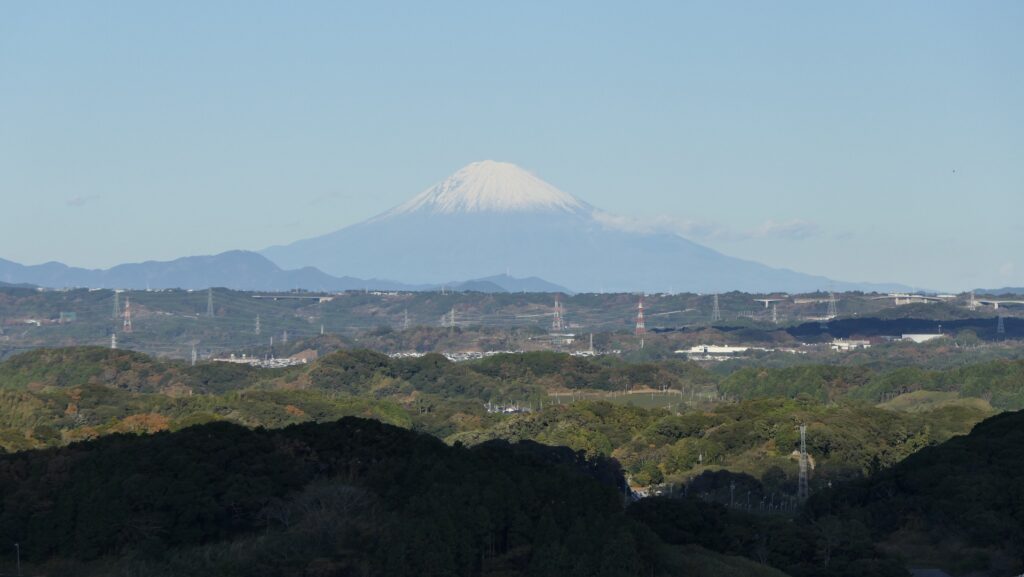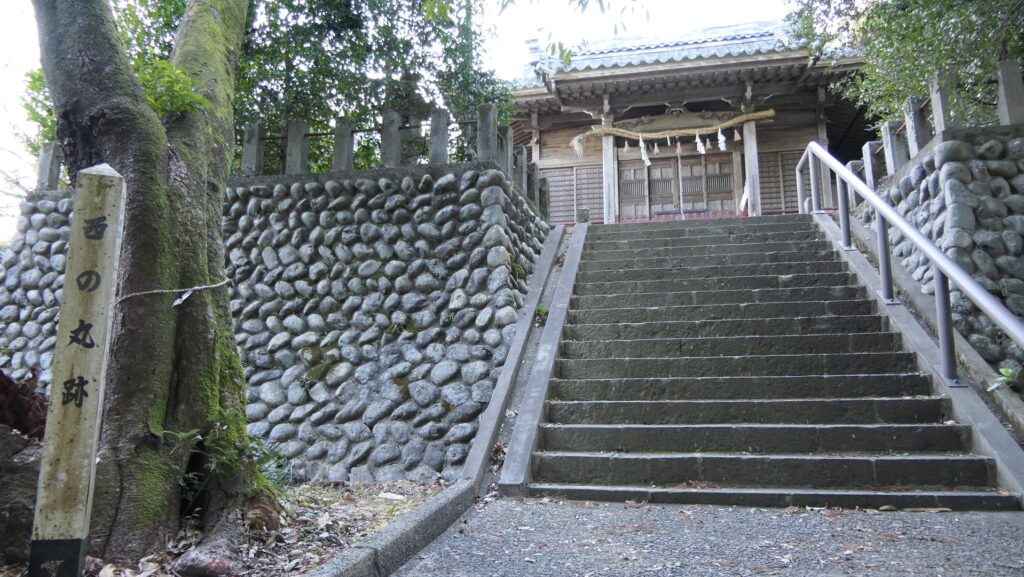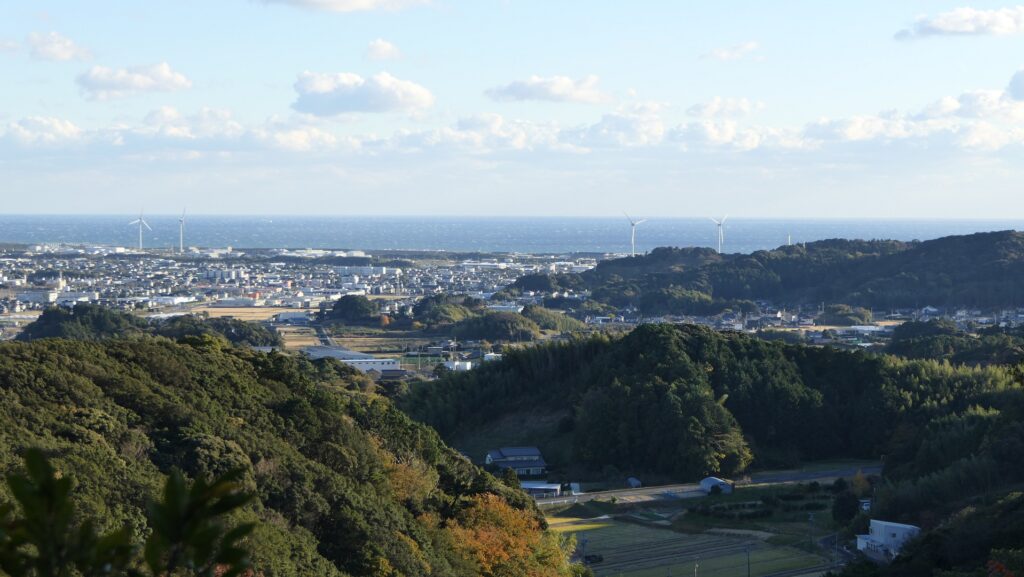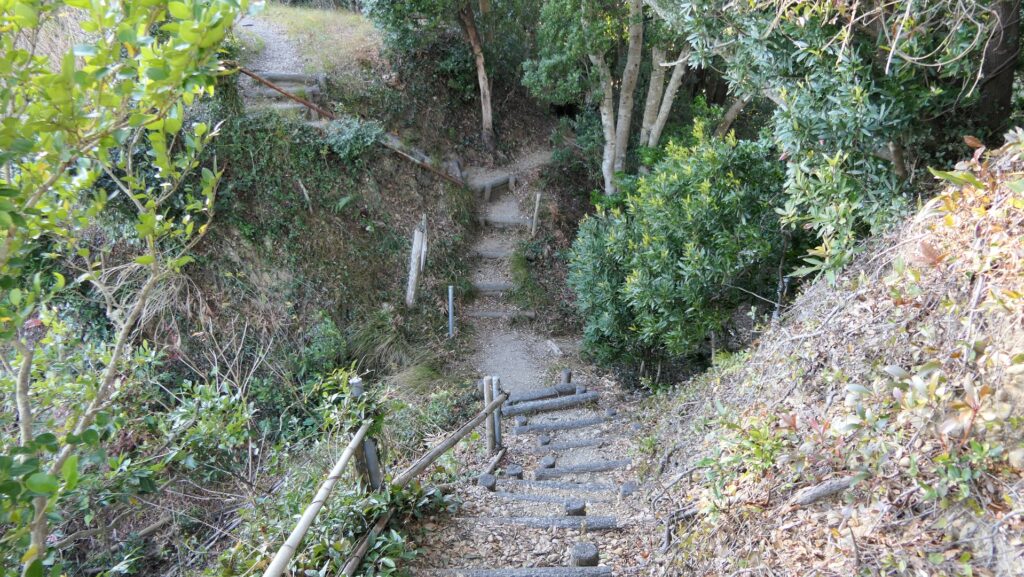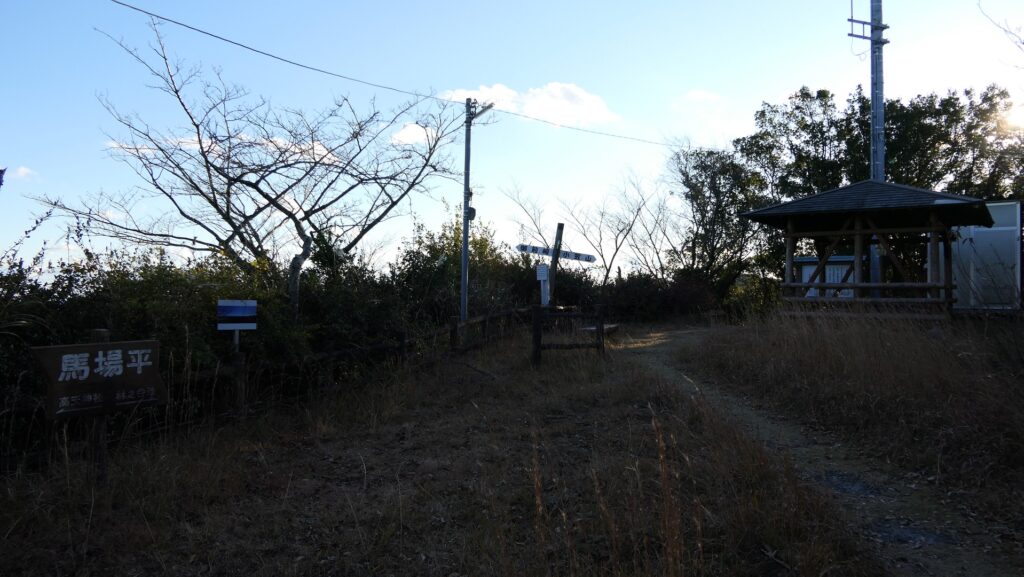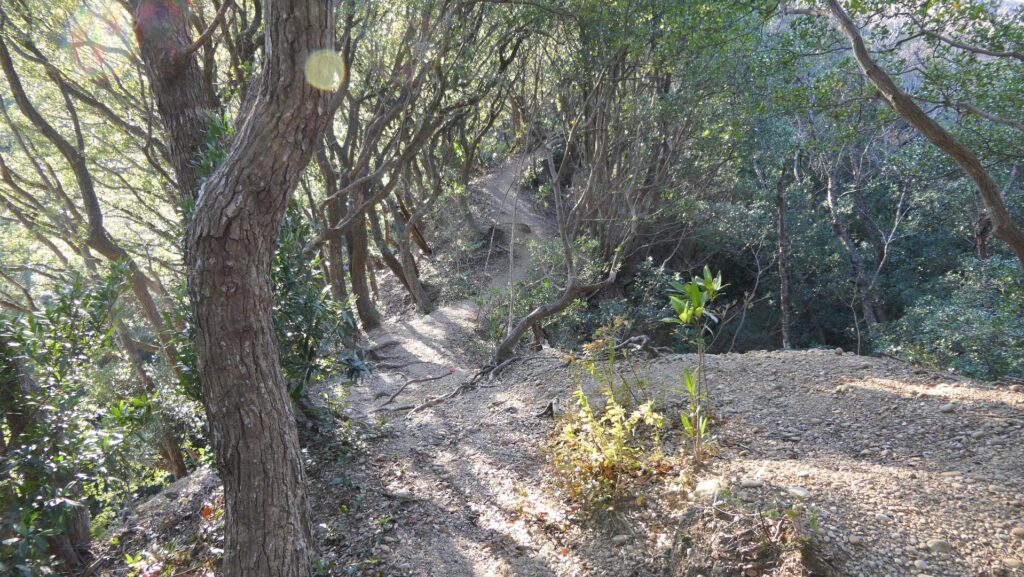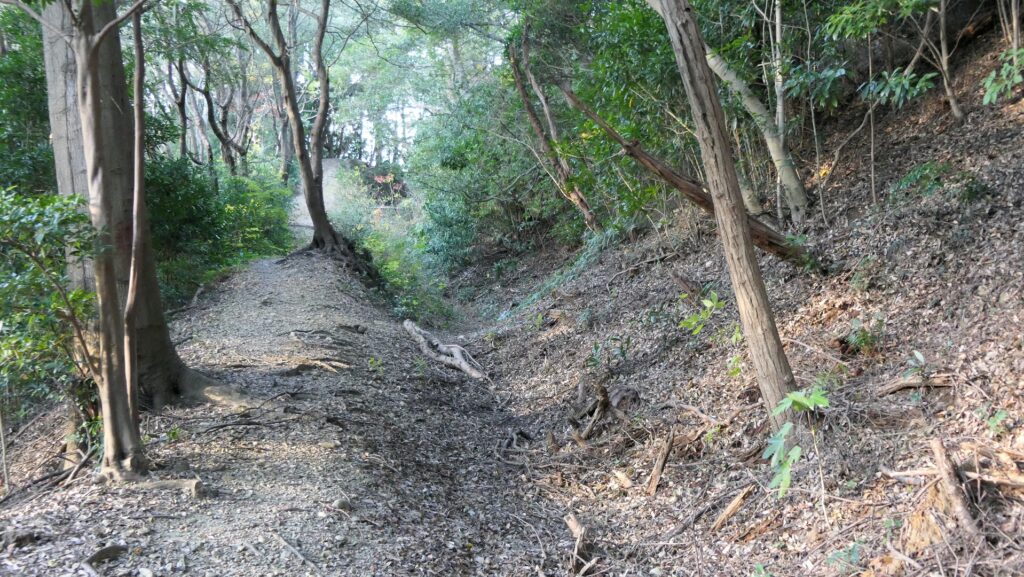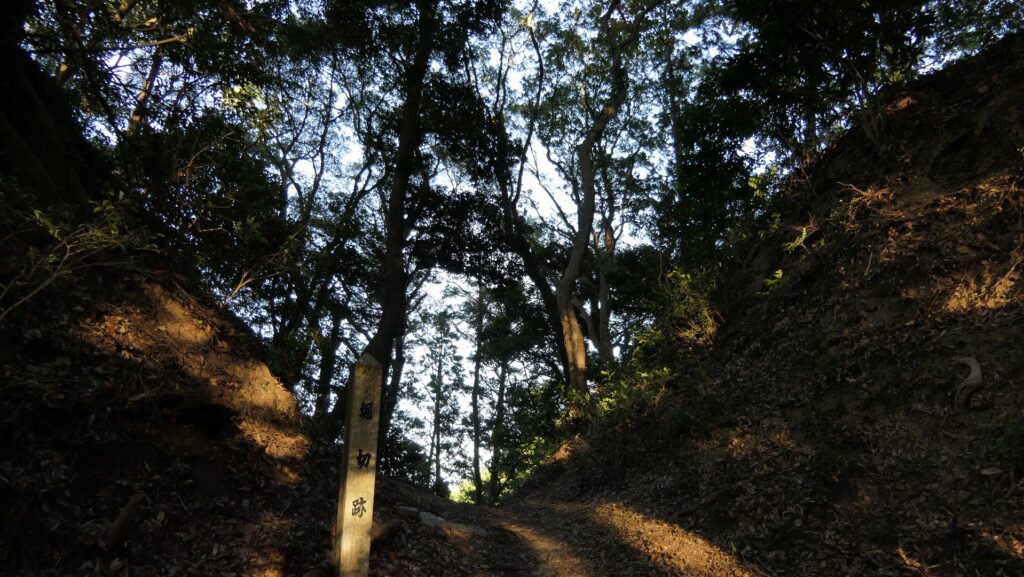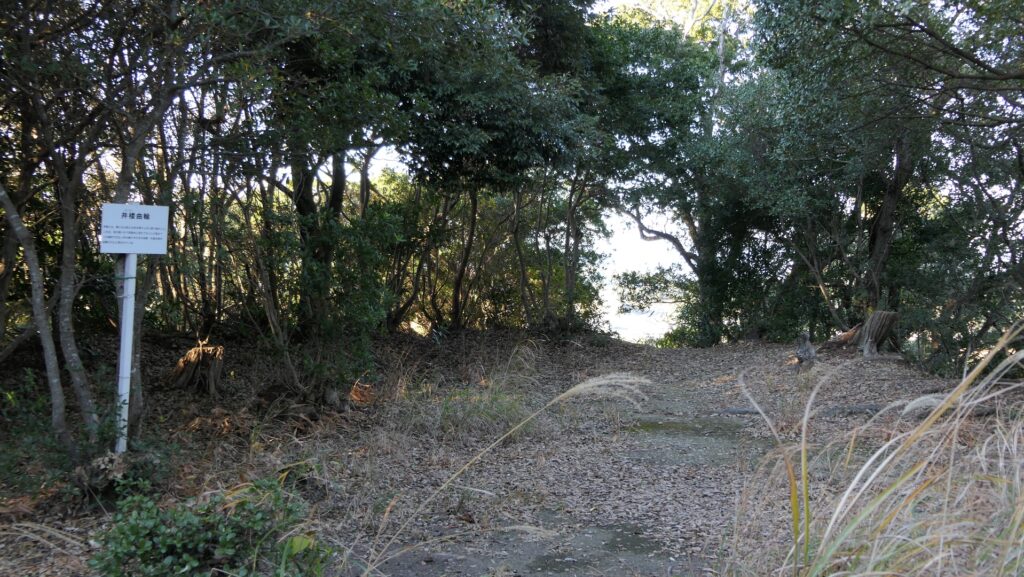Features
Around Main Route
The Main Route from the south goes up to the Third Enclosure in the eastern ridge. Probably because this route is less steep than the Back route, many fights occurred at this point. However, no one could successfully break this castle by force.
The map around the castle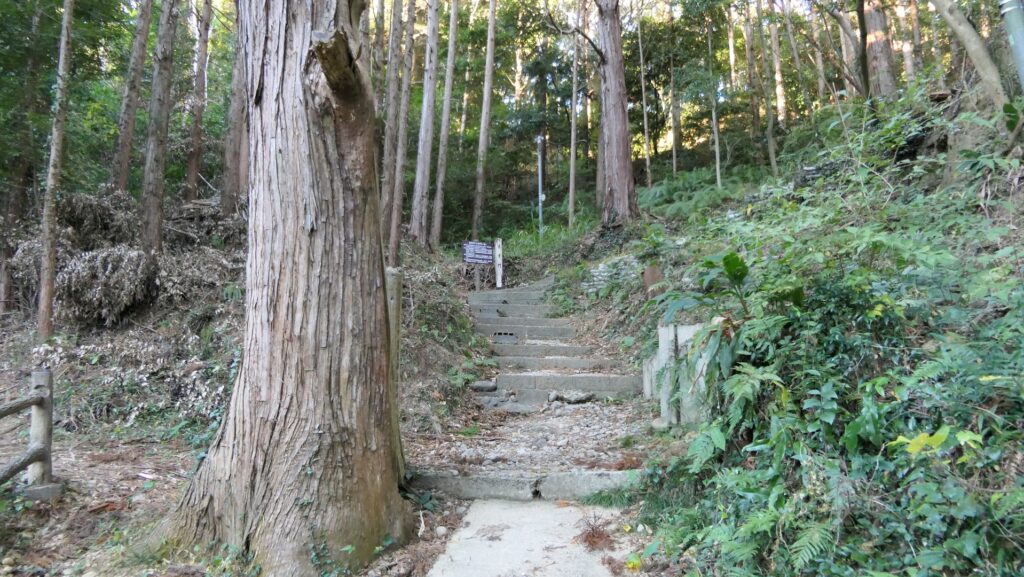
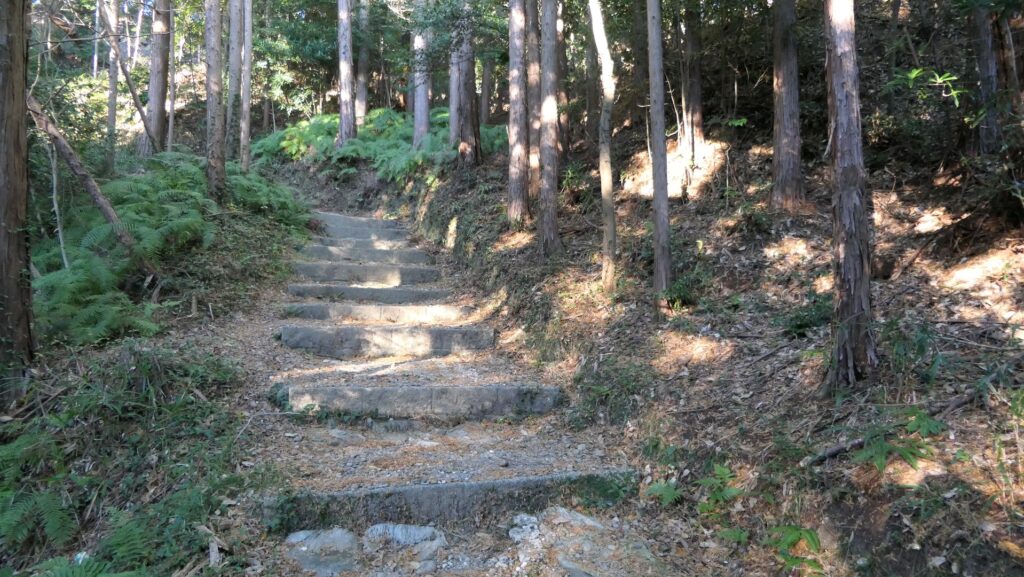
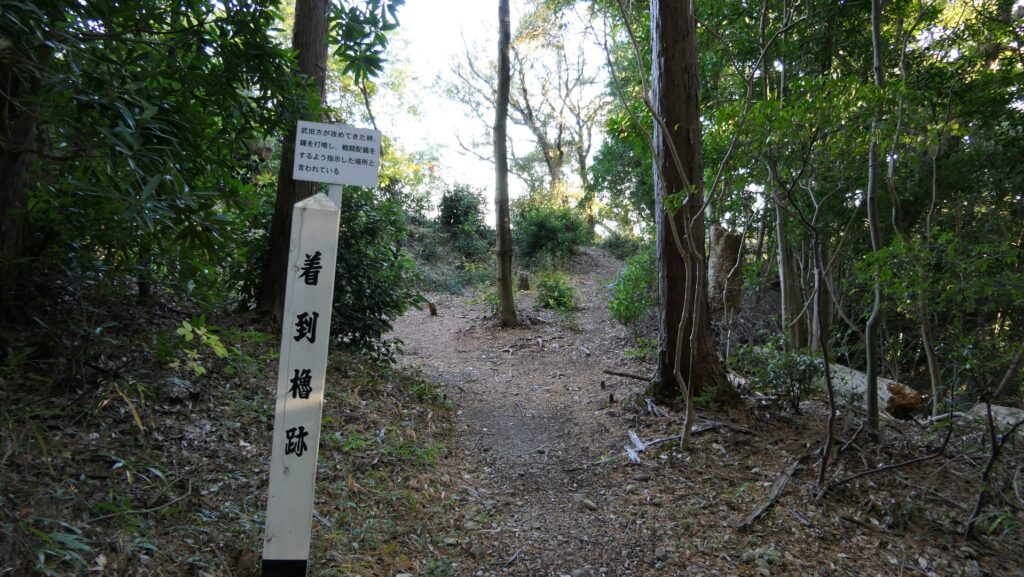
Later History
After Takatenjin Castle fell, the castle was eventually abandoned. The Takaten Shrine, which had been the guardian of the castle, remained on the top of the mountain. People around the area continued to worship the shrine for a long time. As for the castle ruins, they were designated as a National Historic Site in 1975. The research for the castle have been done since 1998. The ruins have also been developed separately.
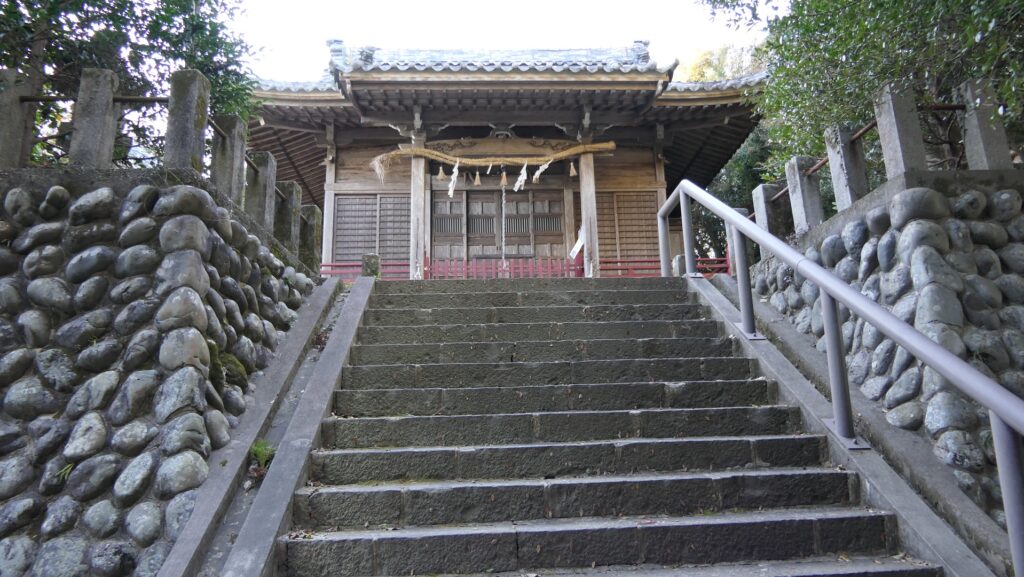
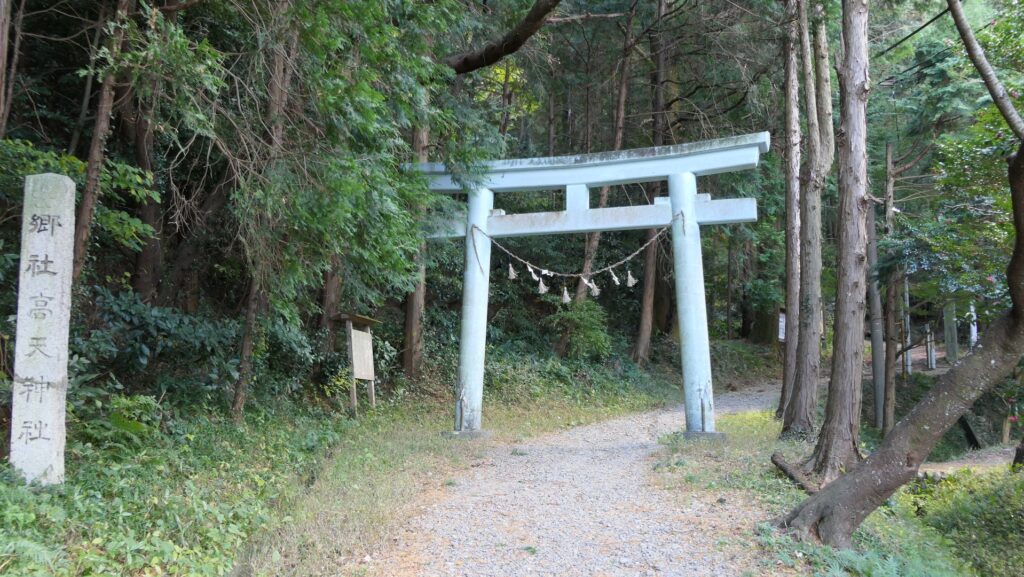
My Impression
Takatenjin Castle is my favorite mountain castle in Japan. The reasons for this are listed below.
- It was an important point to govern the area around.
- The mountain where castle was built on was not so high, that meant the soldiers could run to anywhere in case of emergency.
- The castle was not so large, which meant only a few soldiers could protect the castle by themselves.
- The slopes of the mountain are all steep or there were many cliffs, meaning enemies couldn’t attack the castle easily.
- The view from the top was excellent, that means the defenders could see the situations around the castle very clearly.
In addition, the castle could get enough water. By visiting the castle ruins, I learned what mountain castles were and I realized the Takatenjin Castle was the best one. I’ve never seen any other mountain castles that have these advantages.
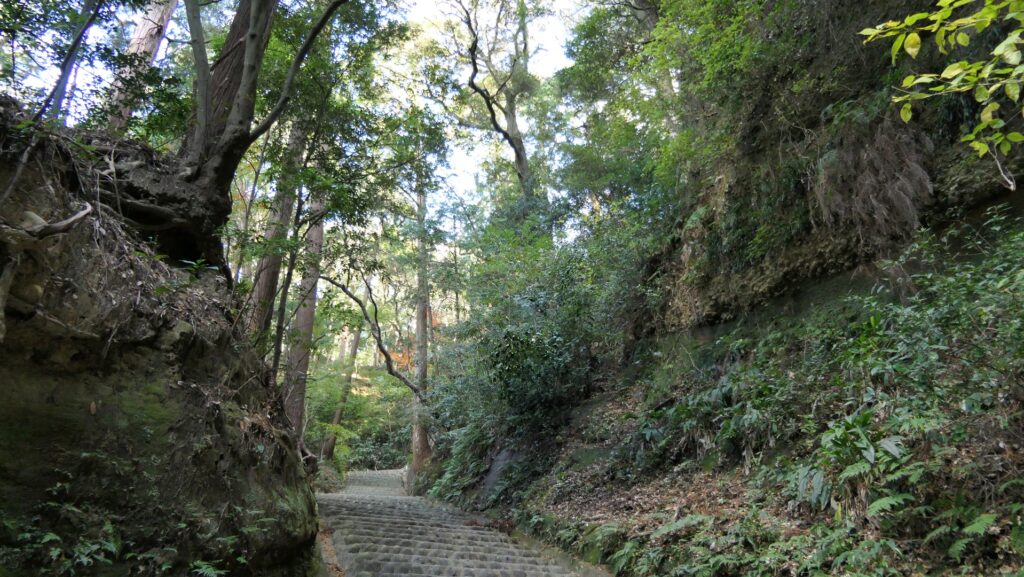
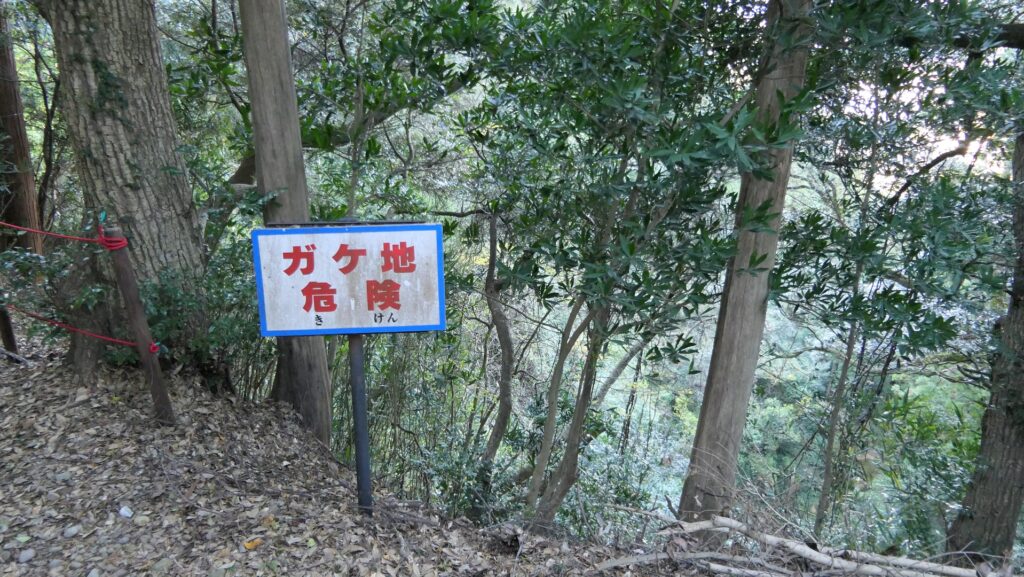
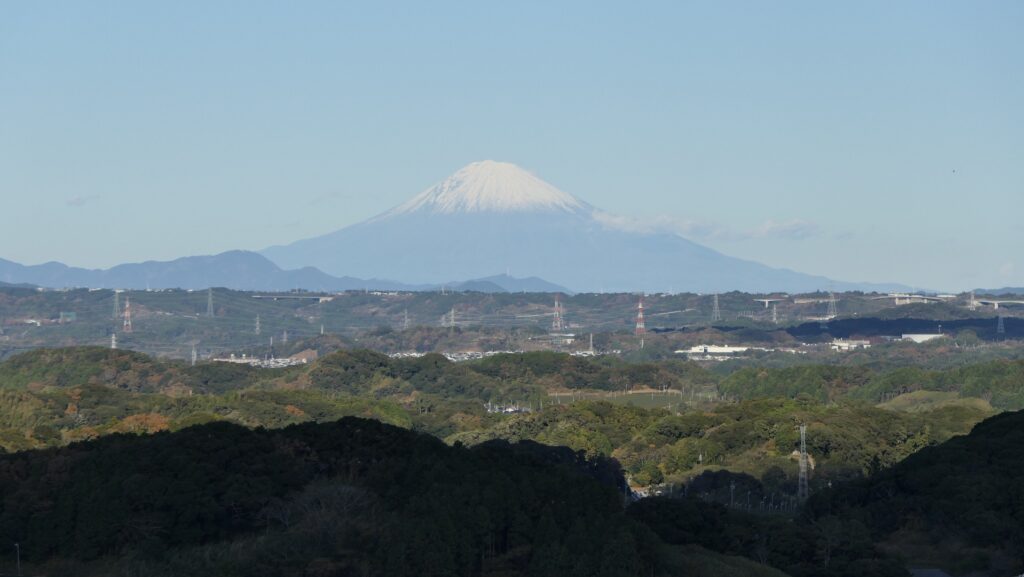
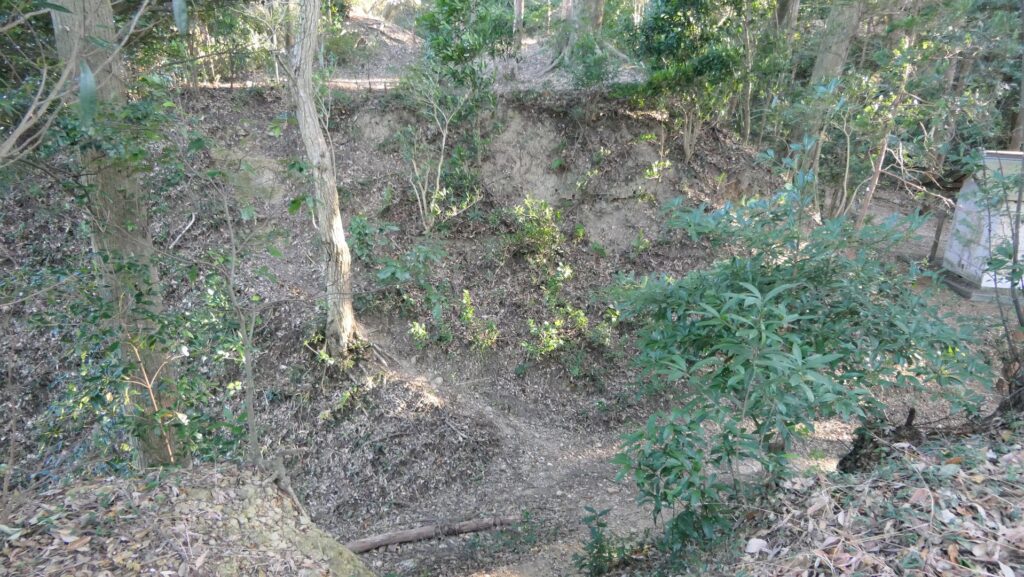
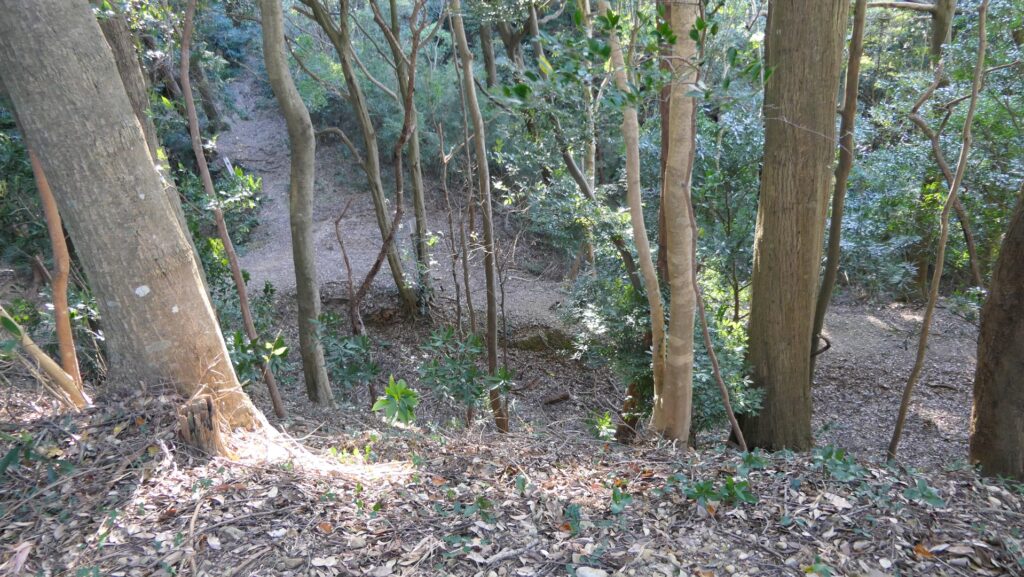
How to get There
If you want to visit the castle by car, it is about 15 minutes away from Kakegawa IC on the Tomei Expressway. There are parking lots for visitors in front of the Main Route and the Back Route.
If you want to use public transportation, you can take the Shizutetsu Justline Bus on the Kakegawa-Daito-Hamamatsu Line bound for Hamaoka-Eigyosho or Daito-shisho from Kakegawa Station and get off at the Hijikata bus stop. It takes about 15 minutes on foot from the bus stop to get there.
To get to Kakegawa Station from Tokyo or Osaka: Take the Tokaido Shinkansen super express.
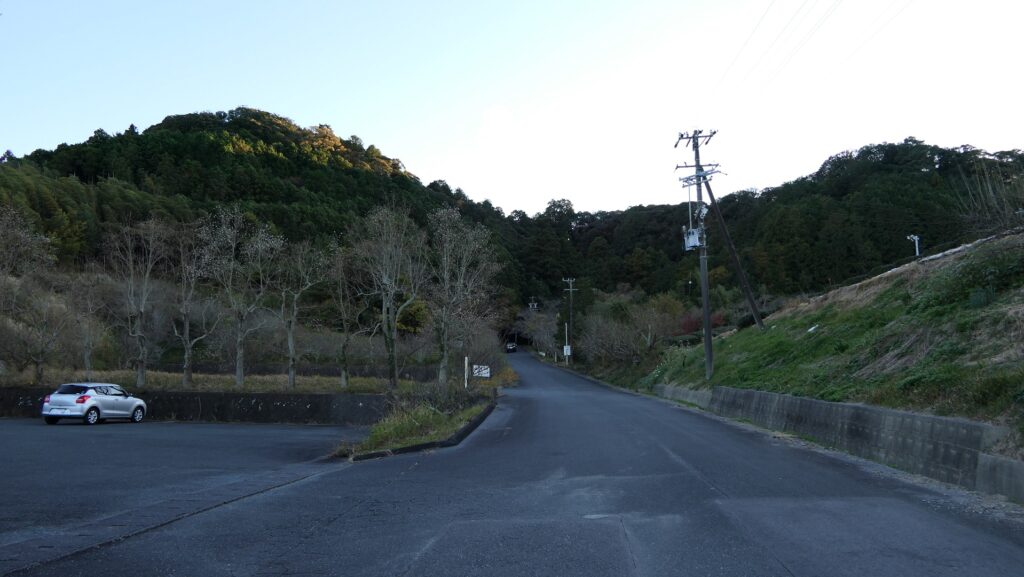
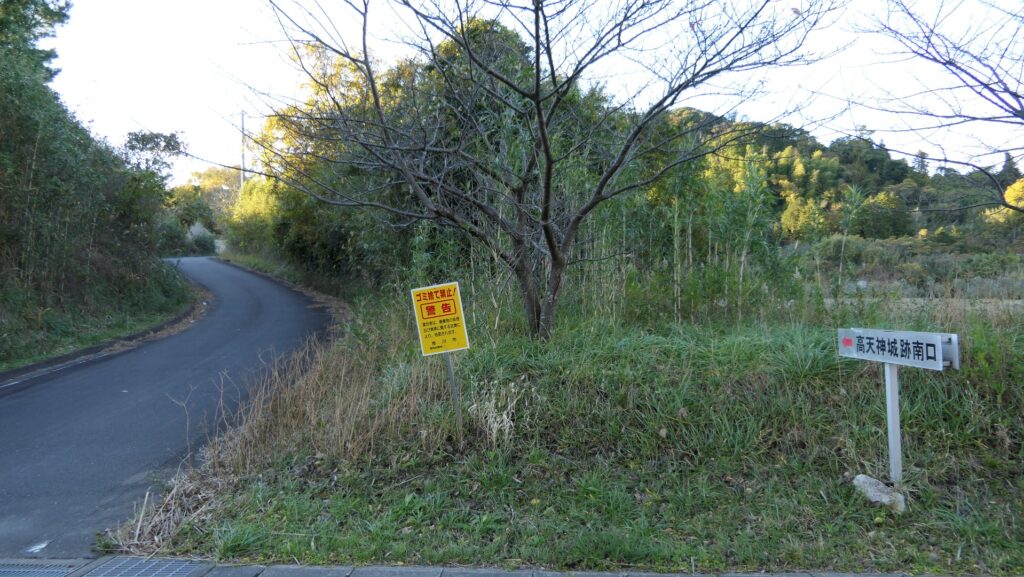
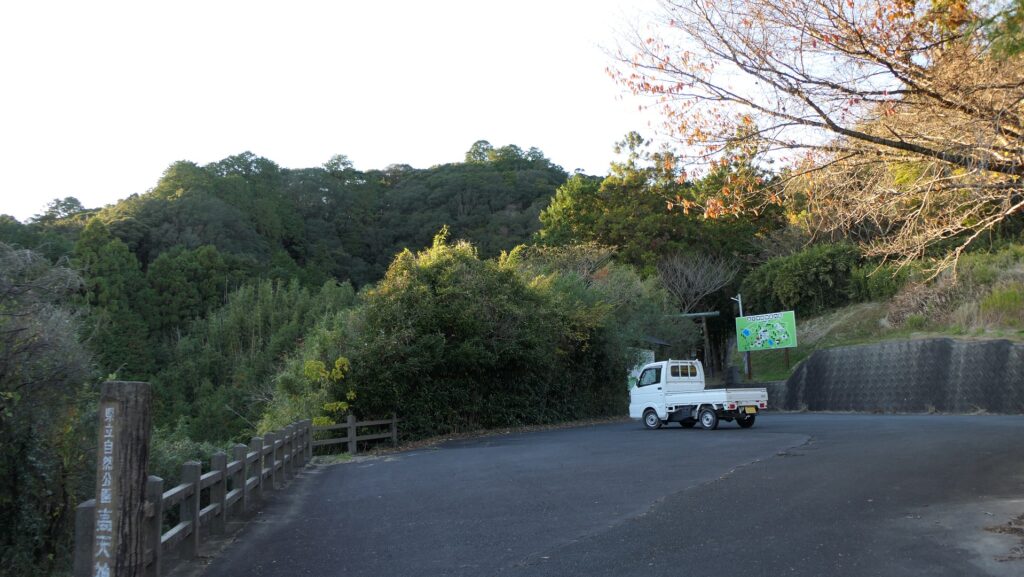
That’s all. Thank you.
Back to “Takatenjin Castle Part1”
Back to “Takatenjin Castle Part2”
